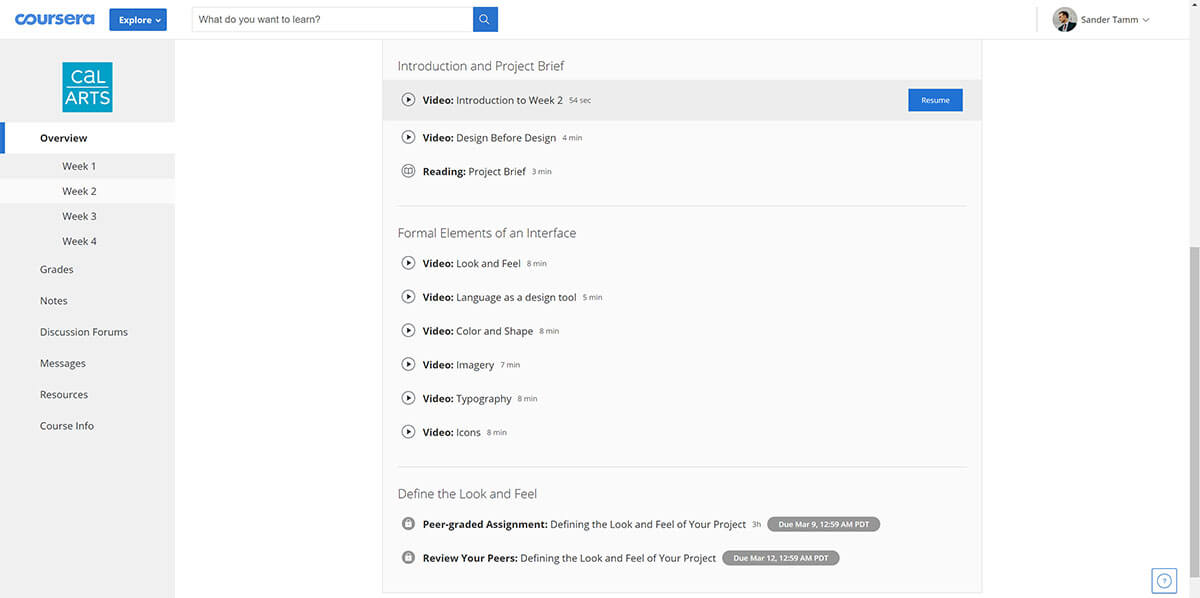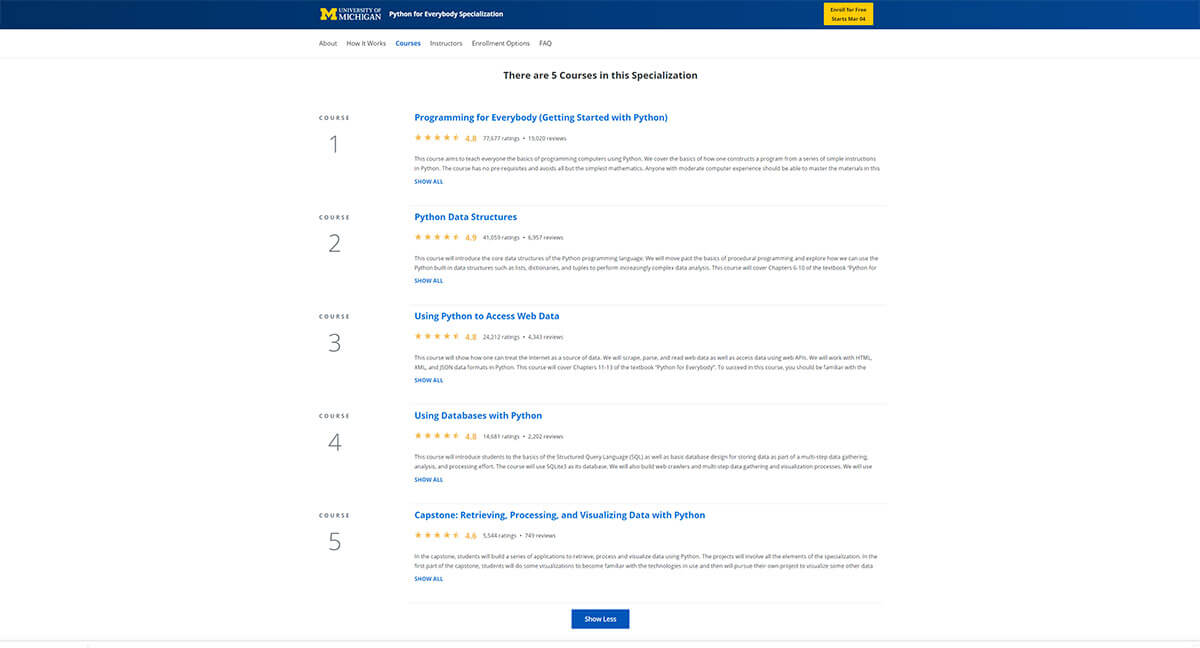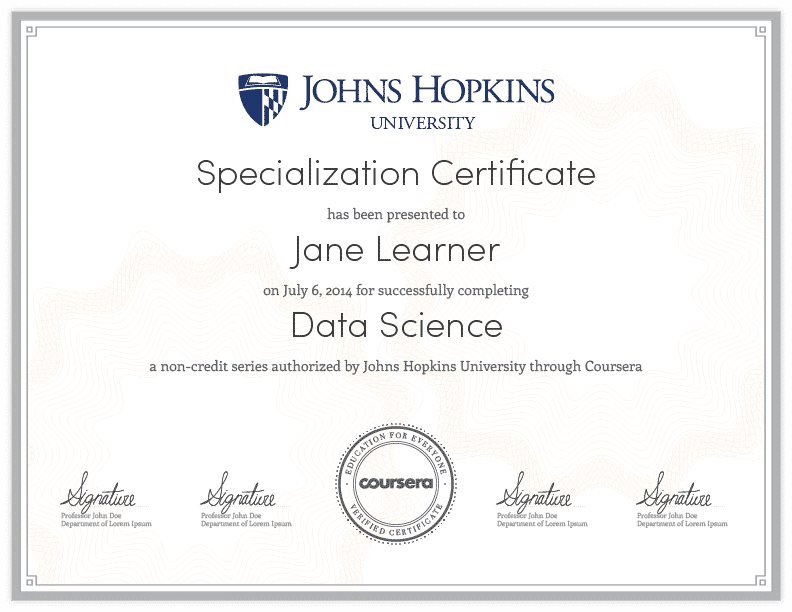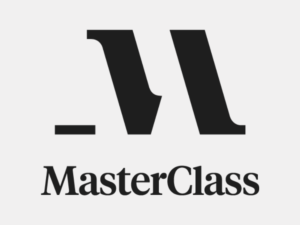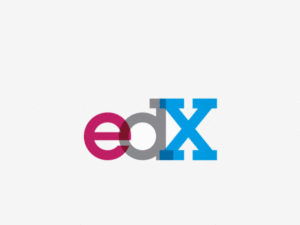Coursera was founded in 2012 by two computer science professors from Stanford University – Andrew Ng and Daphne Koller. However, Andrew Ng started playing around with online learning software much earlier than that. In 2008, he developed the Stanford Engineering Everywhere (SEE) program, which delivered three Stanford courses on machine learning, databases, and AI to online students for free. Each of these three online courses gathered signups of 100,000 students or more, as detailed by Andrew himself. Seeing such demand for online classes sparked Andrew’s enthusiasm even more, and before long, he started actively developing Coursera together with co-founder Daphne Koller.
Going back in time to 2012, take a look at this interview with Daphne Koller, co-creator of Coursera. When she gave this talk, Coursera only had 43 online courses available. In the ten years since that number has grown more than a hundred-fold to over 6,000 courses (and another 4000+ shorter projects).
Andrew and Daphne saw so much potential in this type of e-learning that they put their careers as professors at Stanford on hold and started focusing solely on the MOOC site. Looking back on it, they made the right choice, as only seven years later, the company they created is already valued at over $1 billion.
The two ex-CEOs of Coursera, Andrew and Daphne, are no longer actively managing the company. They are, however, still highly active in entrepreneurship. In 2018, Daphne Koller founded Insitro, an innovative company that intertwines drug discovery and machine learning. Around the same time, Andrew revealed the “AI Fund” that would invest hundreds of millions of dollars in artificial intelligence projects.
Coursera is still a relatively new company, and I am interested to see what the future will look like.


